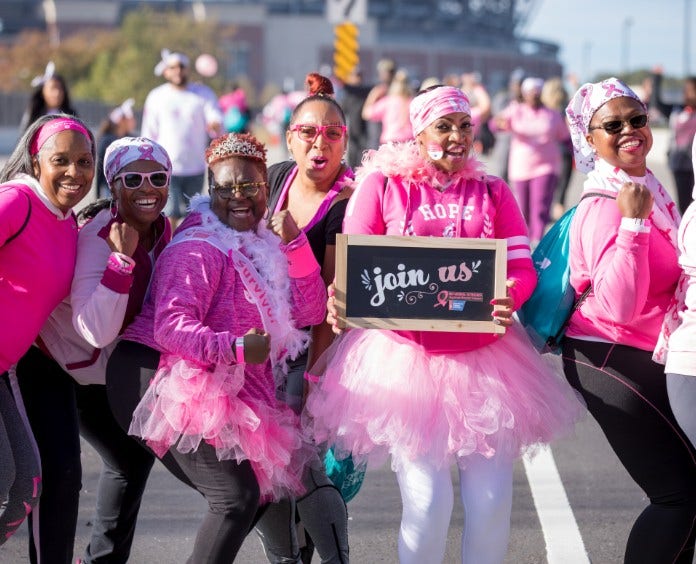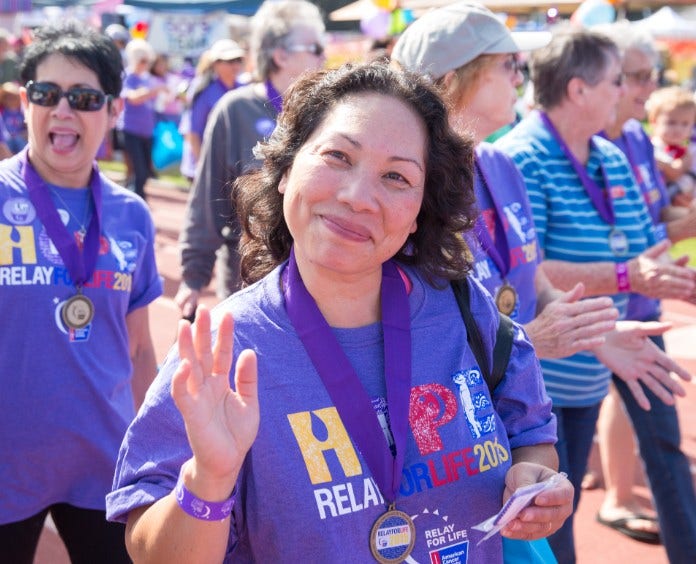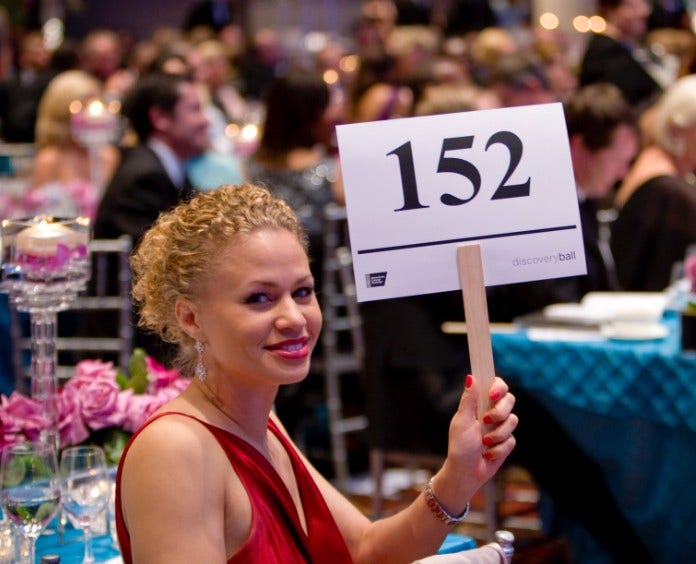American Cancer Society in Florida
If you’re looking for cancer information and resources in Florida you’ve come to the right place. From our local fundraising events to our cancer support programs, you’ll find everything you need to fuel the fight against cancer and get patient support – right here in our community.
Local Resources
The American Cancer Society has programs and services to help you manage cancer treatment and recovery and find the emotional support you need. And best of all, our help is free. Find programs and services in Florida.
Resource Referral Search
The American Cancer Society has programs and services to help you manage cancer treatment and recovery and find the emotional support you need. And best of all, our help is free.
Local Events
American Cancer Society events are inspiring, uplifting, and great at bringing the fight against cancer directly into your community. Join the spirit of camaraderie and compassion as we work together to save lives from cancer.
Volunteer
When you volunteer with the American Cancer Society in Florida, you’re helping to save the lives of people in your community – and around the world. It only takes a little time to do a whole lot of good. Sign up to volunteer today.
Cancer Facts and Statistics
In the American Cancer Society’s Cancer Statistic Center, you’ll find information about Florida’s cancer incidence, mortality, and survival rates, screening metrics, and risk factors.
Local Mailing Addresses
Our National Cancer Information Specialists are available to help you with any patient services, resource requests, or cancer information questions twenty-four hours a day, seven days a week, at 1-800-227-2345.
Florida Related Information
Explore more information about the American Cancer Society in your community.
- A World Leader in Infection-Related Cancer Research
- Cervical Cancer Survivor Relies on a Plan
- Coping with Cancer in an Emergency or Natural Disaster
- Current Grants by State
- Genetic Tool for Prostate Cancer in Blacks (K Yamoah)
- How to Get Ready for a Natural Disaster When You Have Cancer
- HPV Vaccine: A Powerful Way to Help Prevent 3+ Cancers in Women
- Jacksonville, FL
- Natural Killer Cells & TNBC (R. Chakrabarti)
- Skin Cancer ACS Research Highlights






